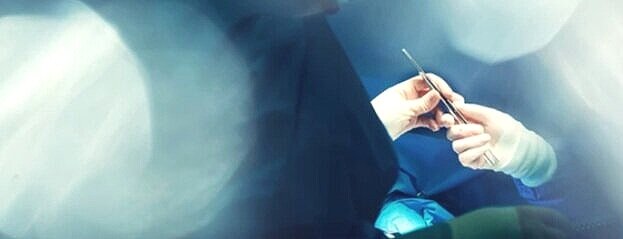
Anal Fissure Surgery
If an anal fissure has not healed with medicated creams, surgery may be required to achieve healing.
There are 2 types of surgical procedures to treat anal fissure:
Injection of botulinum toxin
Lateral internal sphincterotomy (LIS)
The aim of both procedures is to decrease spasm of the anal sphincter muscle, which can impede healing of an anal fissure.
What is botulinum toxin injection?
Botulinum toxin works by stopping muscles from moving or being able to spasm.
For anal fissure, botulinum toxin is injected into the anal sphincter muscle. This is performed as a day procedure, usually under general anaesthesia.
The effect of botulinum toxin is temporary and will wear off in approximately 3 months. This is usually enough time for an anal fissure to heal.
What is lateral internal sphincterotomy?
Lateral internal sphincterotomy (LIS) involves cutting a small segment of the internal anal sphincter. This prevents the cut segment from being able to go into spasm.
LIS is performed as a day procedure, usually under general anaesthesia.
LIS is highly effective in achieving healing of an anal fissure. However, the cut sphincter is permanent and any consequences of this are also permanent.
Before the procedure
No specific preparation is required before anal fissure surgery.
It is recommended that lifestyle modifications (that will prevent anal fissures returning) be started before surgery and continued after surgery. These include maintaining a soft stool and avoidance of straining at stool.
After the procedure
It is important to continue to maintain the lifestyle modifications described in the ‘Before the procedure’ section. This will not only make your after surgery recovery more comfortable, but also prevent anal fissures from returning in the future.
Good skin hygiene after bowel motions is recommended. Make sure to dry the area well using soft toilet paper or wipes. Avoid rough, scratchy toilet paper. Dry the area with a dabbing motion (not a wiping motion). Also avoid wearing underwear made from synthetic materials, as this traps unwanted moisture.
Risks
Anal fissure surgery is generally very safe. However, any operation has possible risks or complications.
Possible risks associated with any surgery include:
Bleeding
Infection
Possible risks associated with anal fissure surgery include:
Incontinence. This is the inability to control flatus (wind) or bowel motions. This occurs because spasm (or squeezing) of the anal sphincter muscle is prevented by anal fissure surgery. For botulinum toxin, this effect is temporary. For LIS, it may be permanent.
Inability to pass urine after surgery. This is common after any anal surgery and usually improves on its own within 24 hours. In some instances, a thin tube (known as a catheter) may need to be placed into the bladder to allow passage of urine. This is a temporary measure and usually removed in 24 hours.




